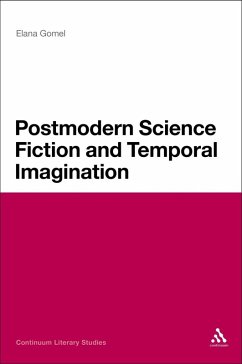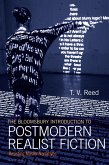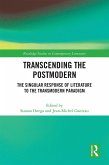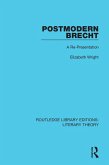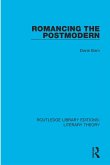Are we living in a post-temporal age? Has history come to an end? This book argues against the widespread perception of postmodern narrativity as atemporal and ahistorical, claiming that postmodernity is characterized by an explosion of heterogeneous narrative "timeshapes" or chronotopes.
Chronological linearity is being challenged by quantum physics that implies temporal simultaneity; by evolutionary theory that charts multiple time-lines; and by religious and political millenarianism that espouses an apocalyptic finitude of both time and space. While science, religion, and politics have generated new narrative forms of apprehending temporality, literary incarnations can be found in the worlds of science fiction.
By engaging classic science-fictional conventions, such as time travel, alternative history, and the end of the world, and by situating these conventions in their cultural context, this book offers a new and fresh perspective on the narratology and cultural significance of time.
Chronological linearity is being challenged by quantum physics that implies temporal simultaneity; by evolutionary theory that charts multiple time-lines; and by religious and political millenarianism that espouses an apocalyptic finitude of both time and space. While science, religion, and politics have generated new narrative forms of apprehending temporality, literary incarnations can be found in the worlds of science fiction.
By engaging classic science-fictional conventions, such as time travel, alternative history, and the end of the world, and by situating these conventions in their cultural context, this book offers a new and fresh perspective on the narratology and cultural significance of time.

